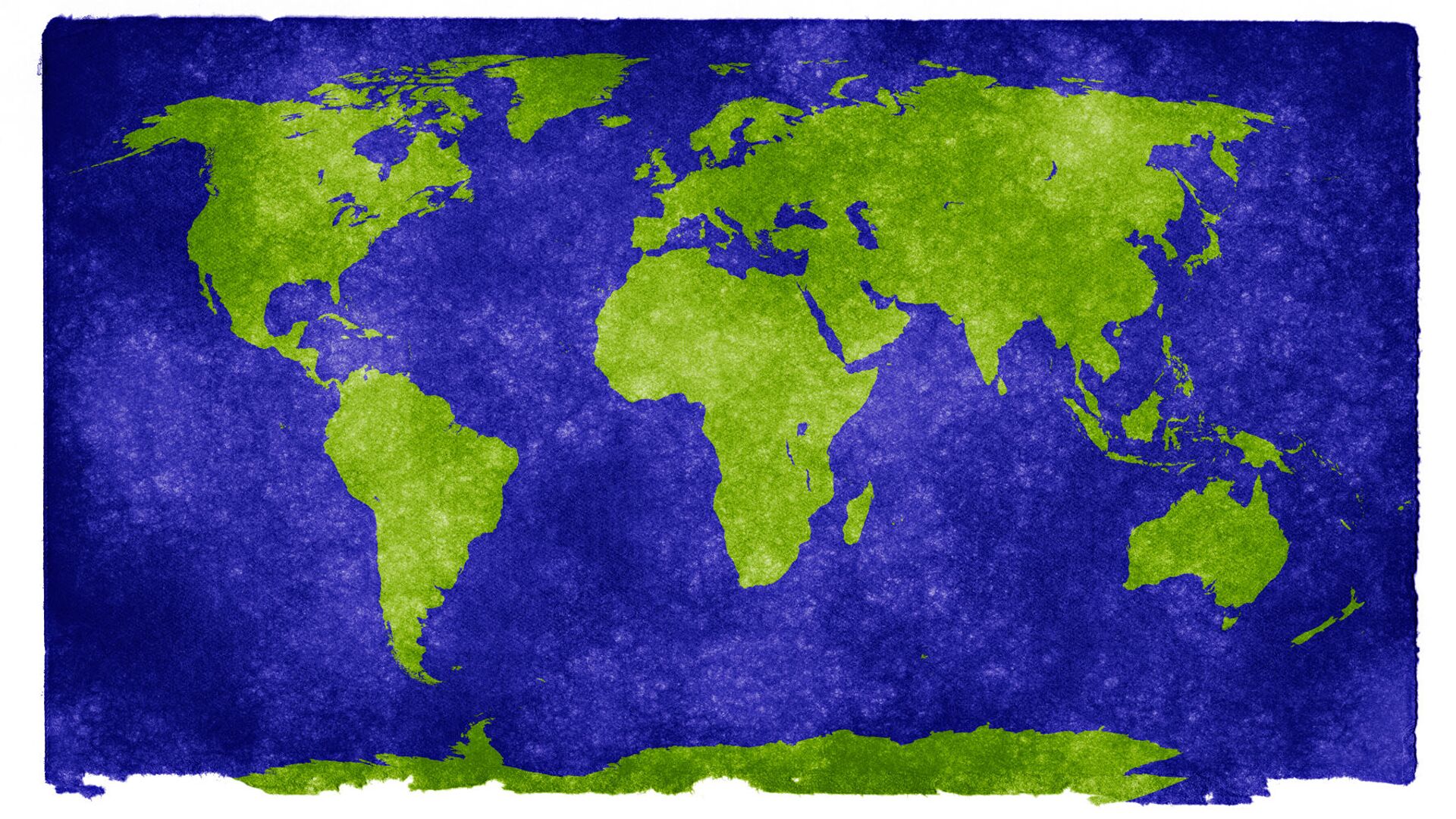Name is Balkanatolia: Scientists Discover Lost Continent That Changed Europe’s Animal Population
16:24 GMT 03.03.2022 (Updated: 13:32 GMT 06.08.2022)
Subscribe
According to researchers, the continent is now mostly underwater at the eastern end of the Mediterranean Sea. But during the Eocene period, an era that existed between 56 and 34 million years ago, the continent came to the surface because of lower sea levels.
An international team of scientists from France, the United States and Turkey claims to have discovered a lost continent, which had the effect of changing the animal population in Europe.
According to an excerpt from their study, which will be published later this month in the journal Earth-Science Reviews, the so-called Balkanatolia once sat in the midst of Europe, Asia and Africa and could have served as a bridge for animals that crossed from Asia into Europe.
Around 34 million years ago there was a large extinction known as the Grande Coupure, when western Europe was colonised by a huge influx of animals from Asia, which placed fatal pressure on species native to Europe.
The research team, led by the French National Center for Scientific Research, discovered a site in Turkey, which contained animal fossils which scientists found belonged to species that lived in Asia and dated back to between 38 and 35 million years ago, meaning that these animals migrated through Balkanatolia long before the Grande Coupure extinction event.
Around 34 million years ago there was a large extinction known as the Grande Coupure, when western Europe was colonised by a huge influx of animals from Asia, which placed fatal pressure on species native to Europe.
The research team, led by the French National Center for Scientific Research, discovered a site in Turkey, which contained animal fossils which scientists found belonged to species that lived in Asia and dated back to between 38 and 35 million years ago, meaning that these animals migrated through Balkanatolia long before the Grande Coupure extinction event.
“Balkanatolia has a complex history of episodic drowning and emergence during the Eocene, and it has been depicted either as a discontinuous archipelago or a wide and continuous island. It has thus been proposed that Asia-derived mammals dispersed to south-eastern Europe along a ‘southern route’ through Balkanatolia," the researchers said.
In their study, the researchers also identified a group of animals that were native to Balkanatolia such as hippo-like creatures called embrithopods and marsupials called metatherians. The scientists believe that these animals evolved in isolation on a land that was separated from nearby continents, another detail which further supports the existence of a Balkanatolian continent.

